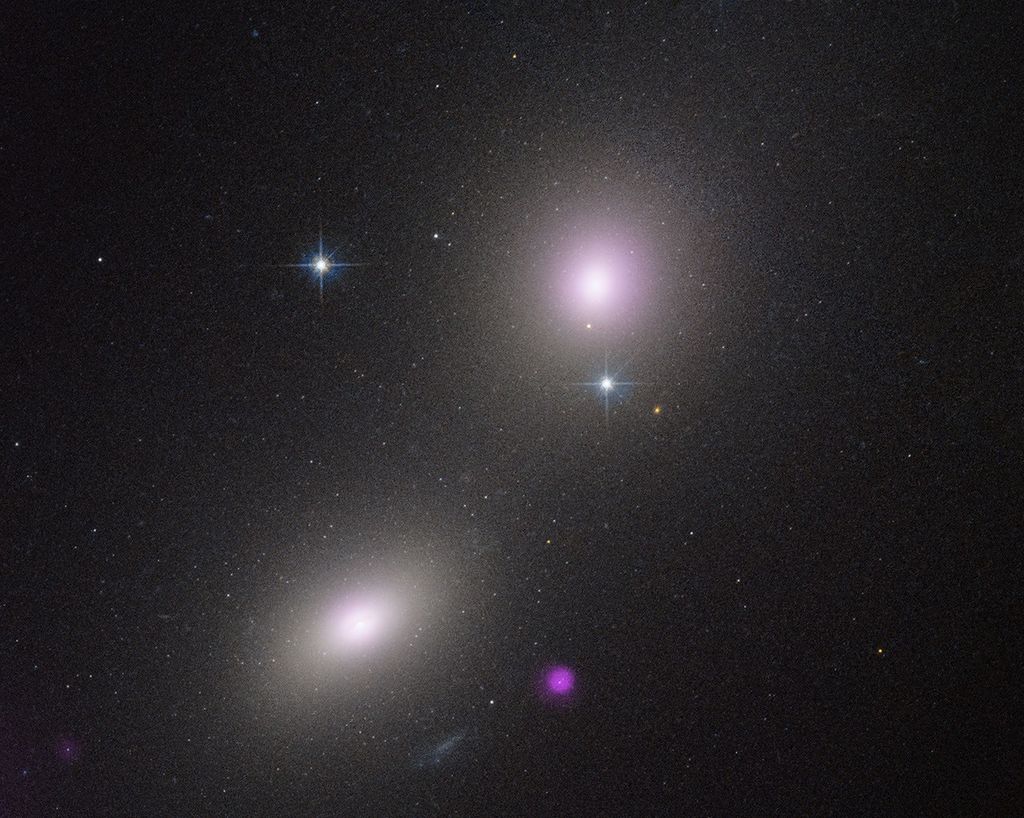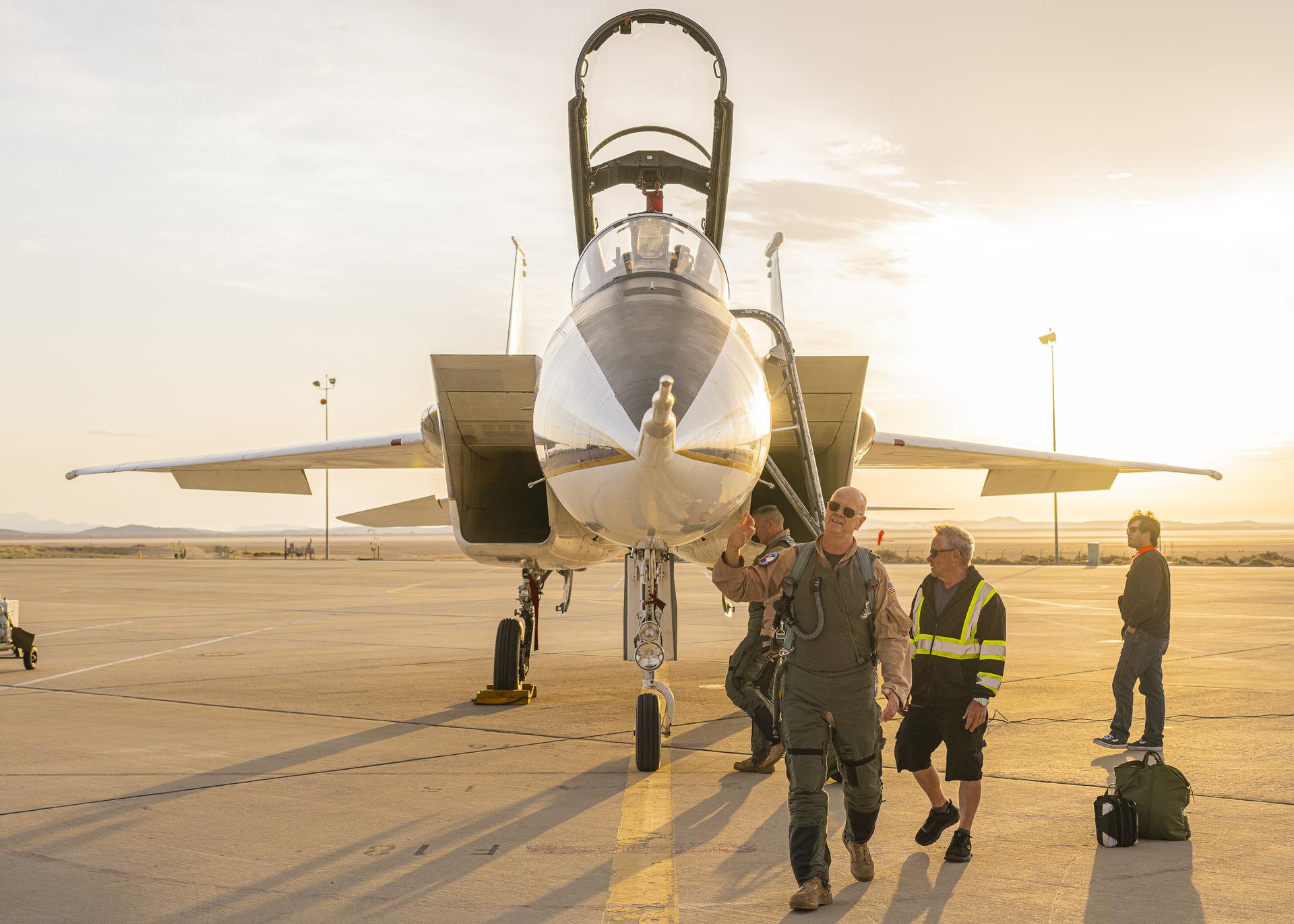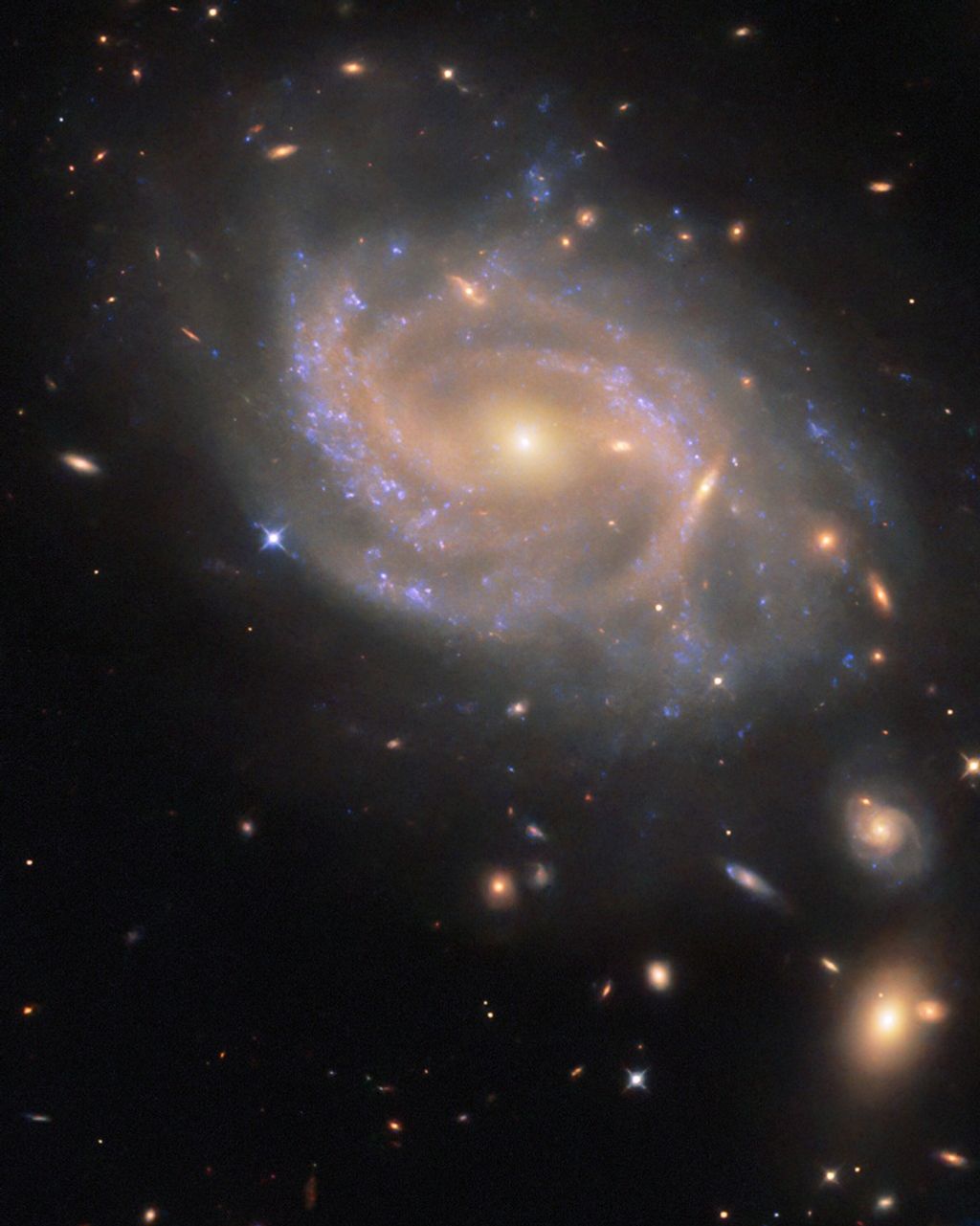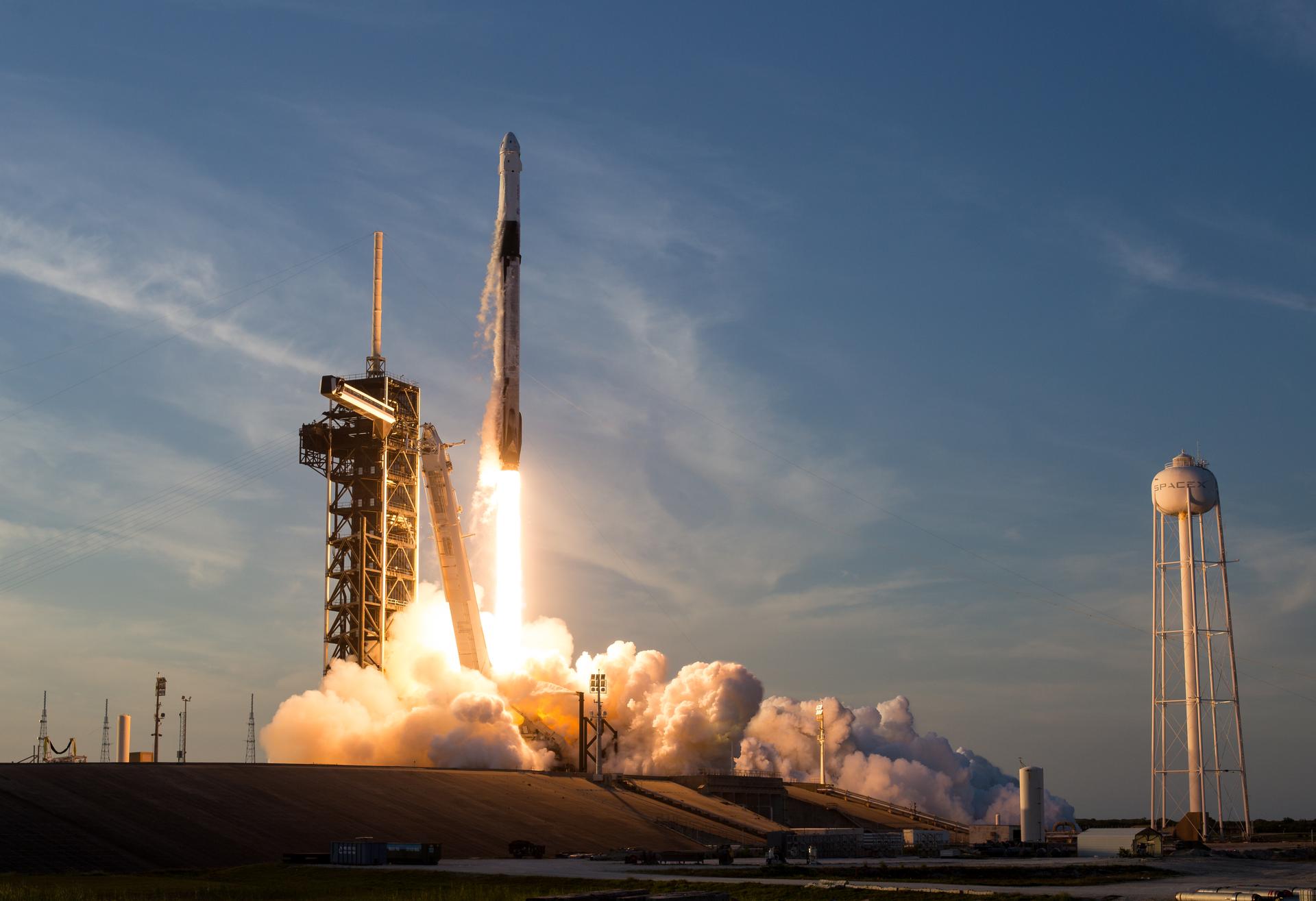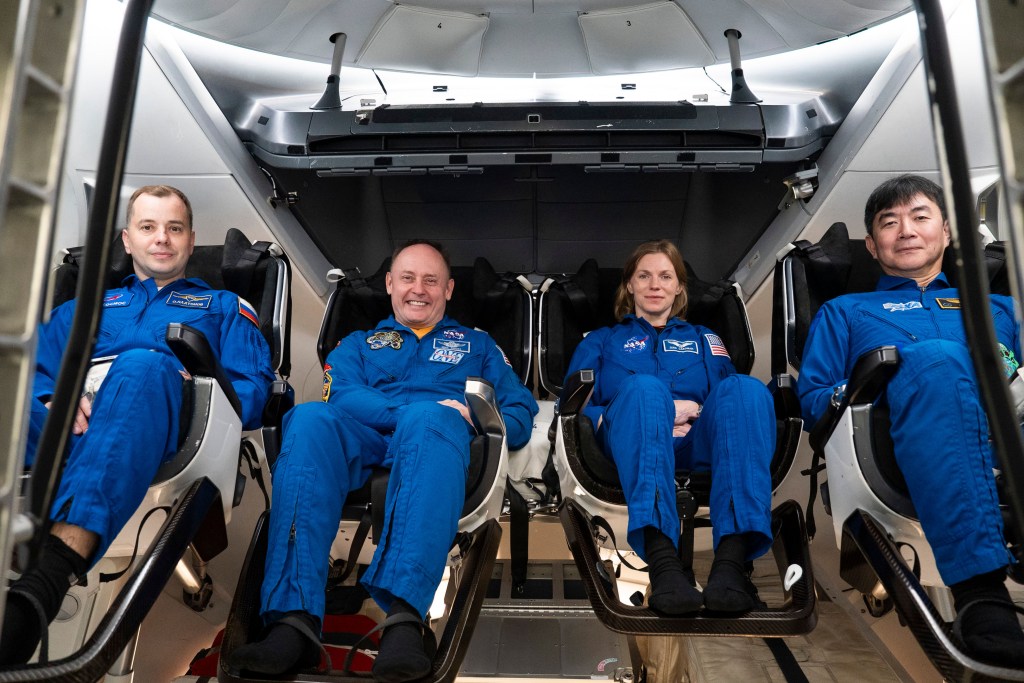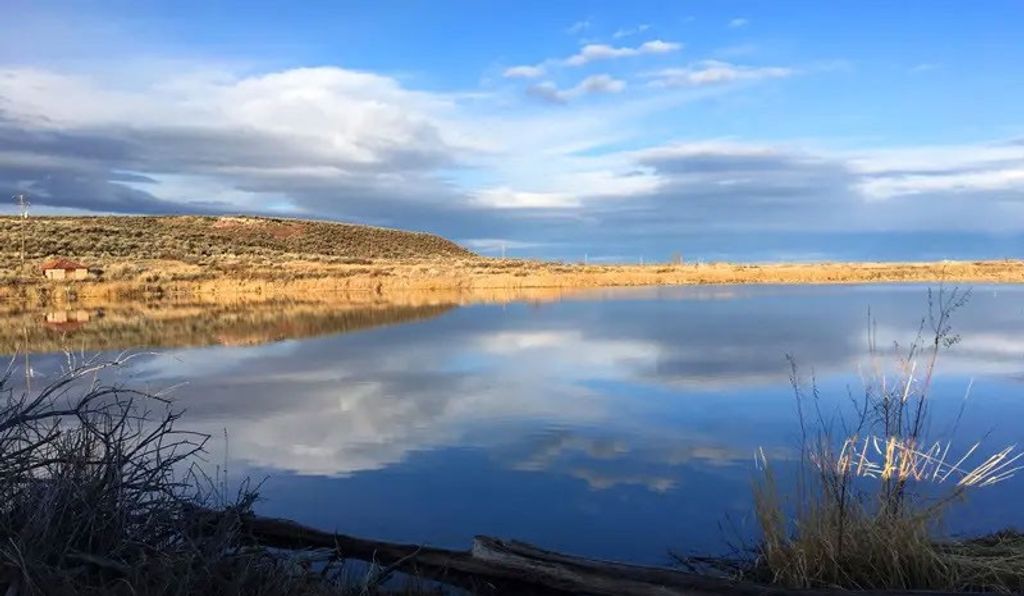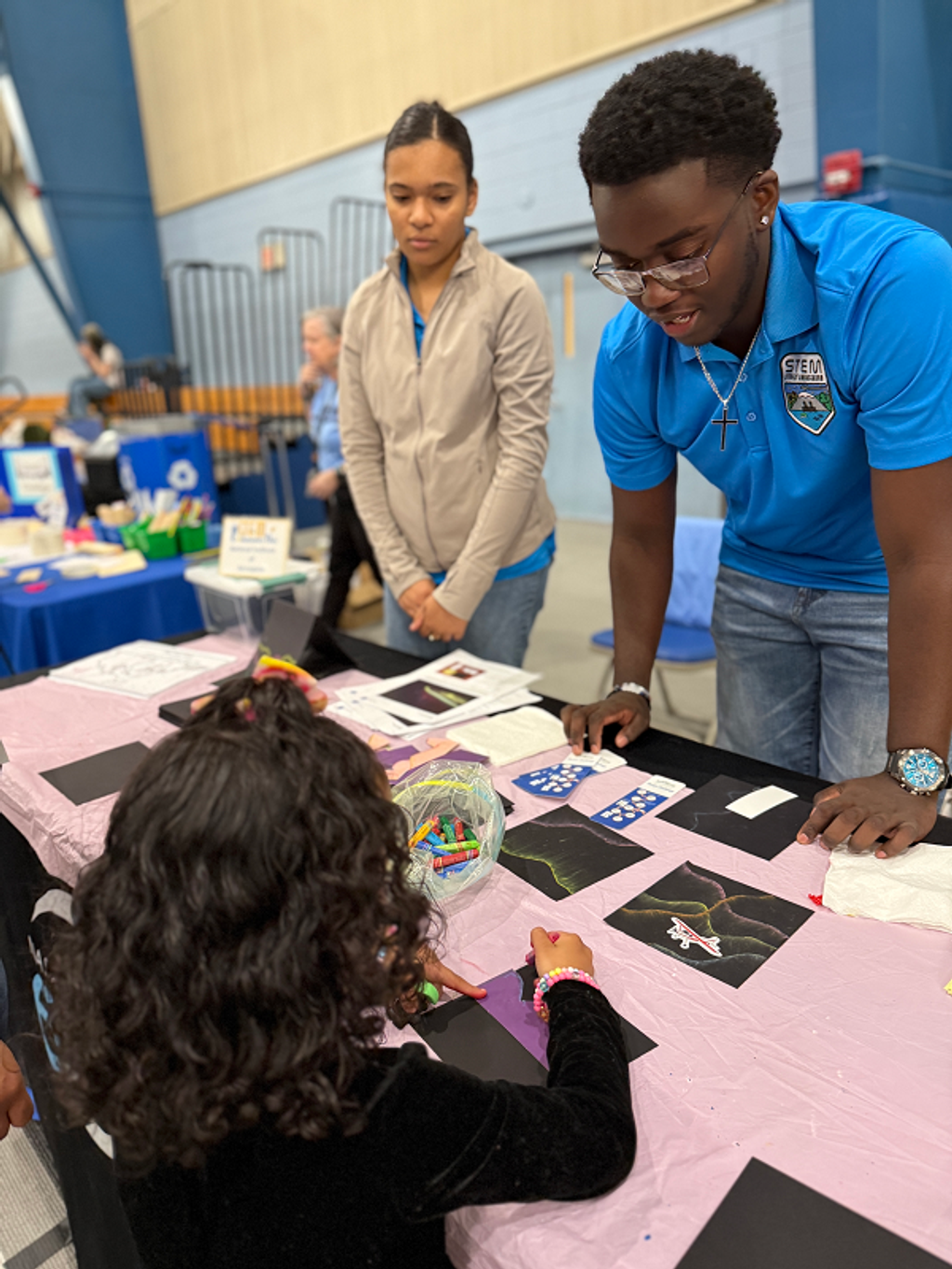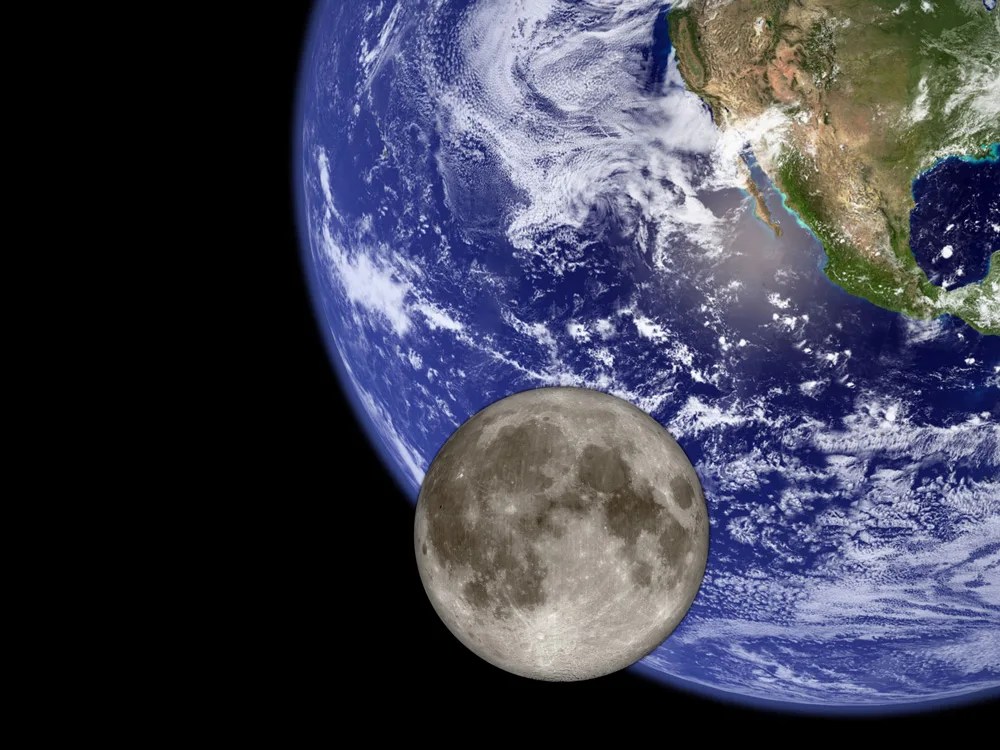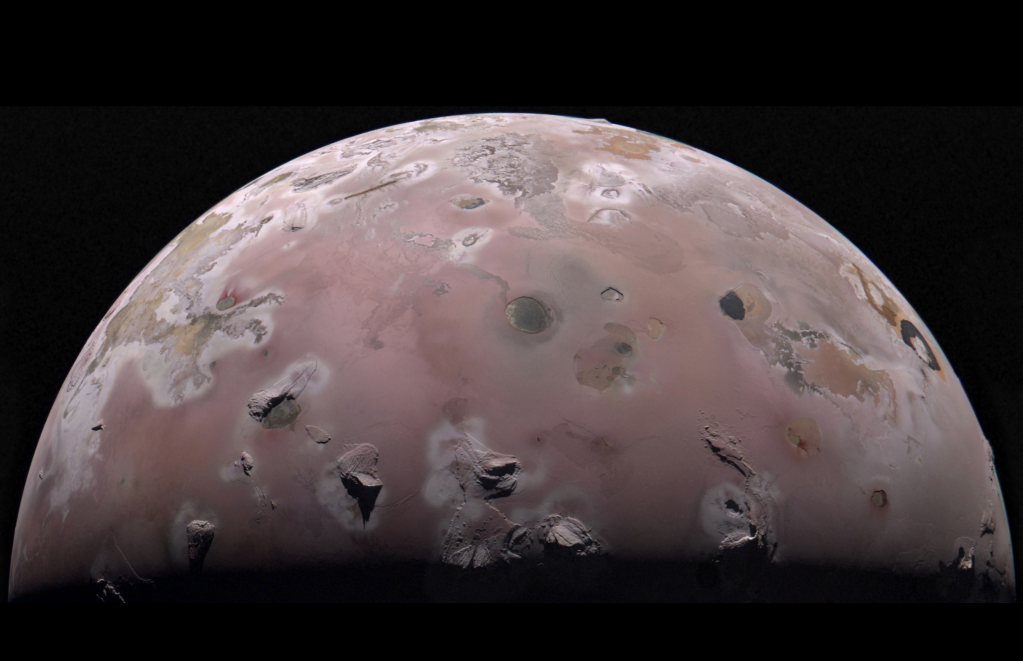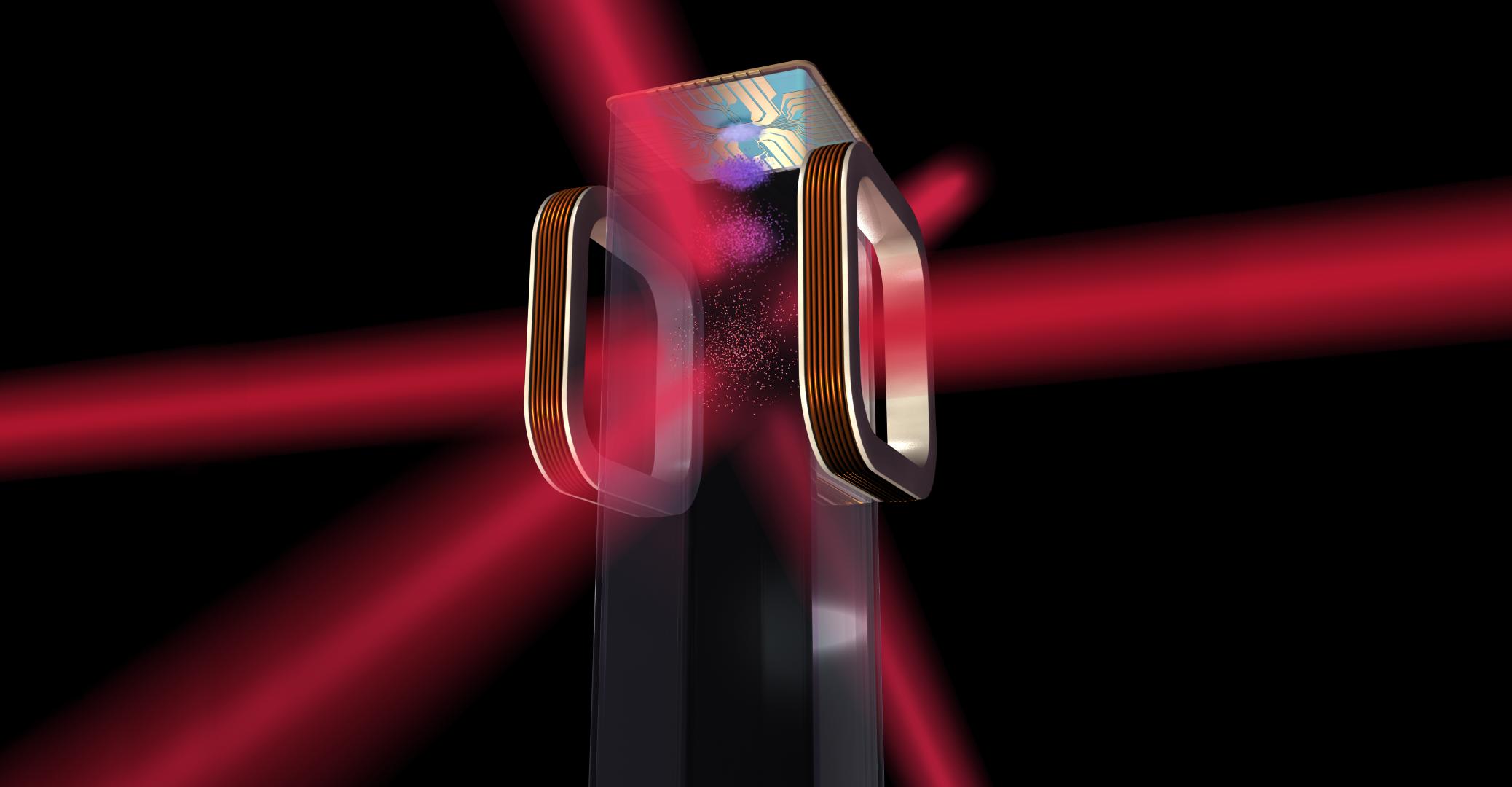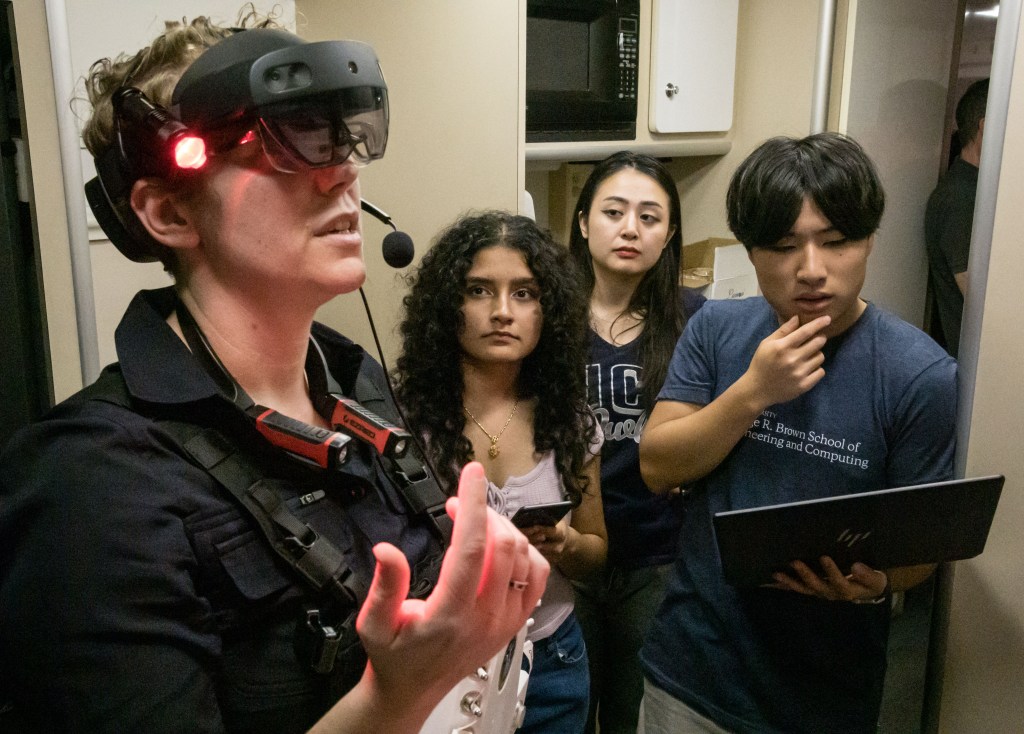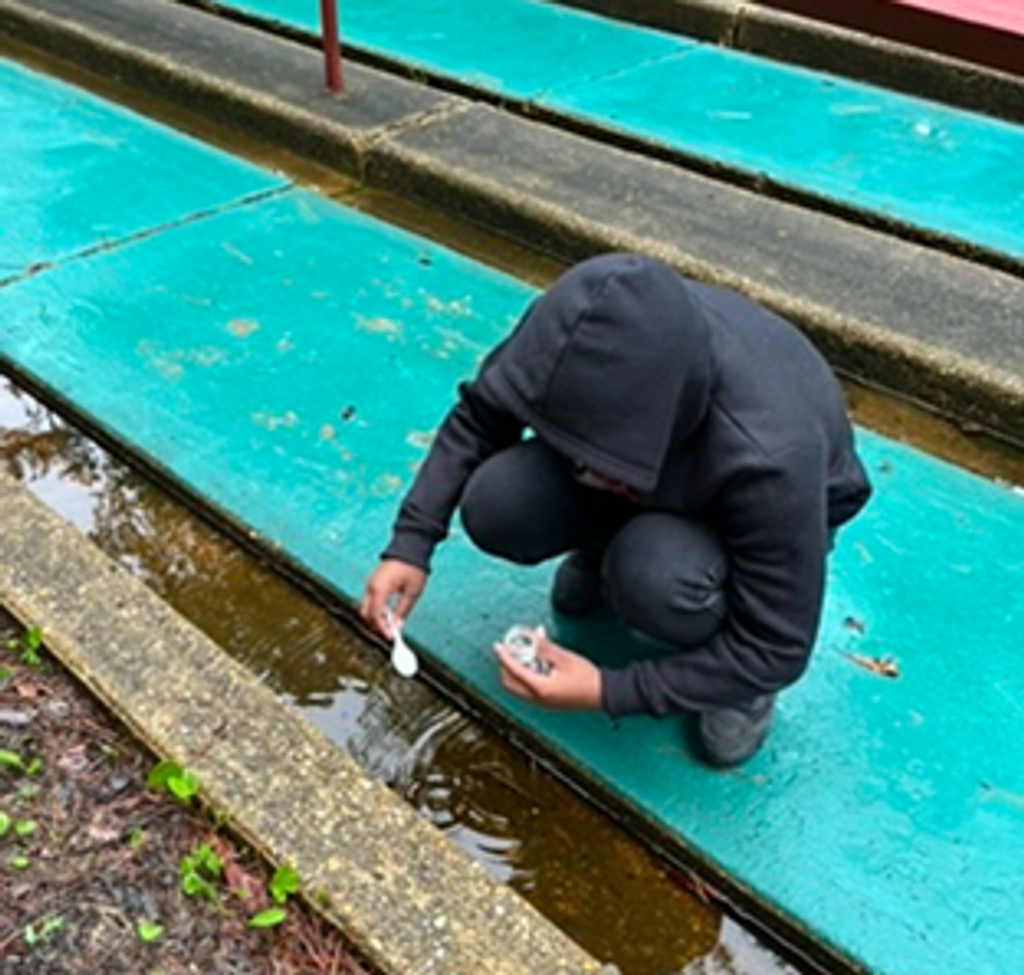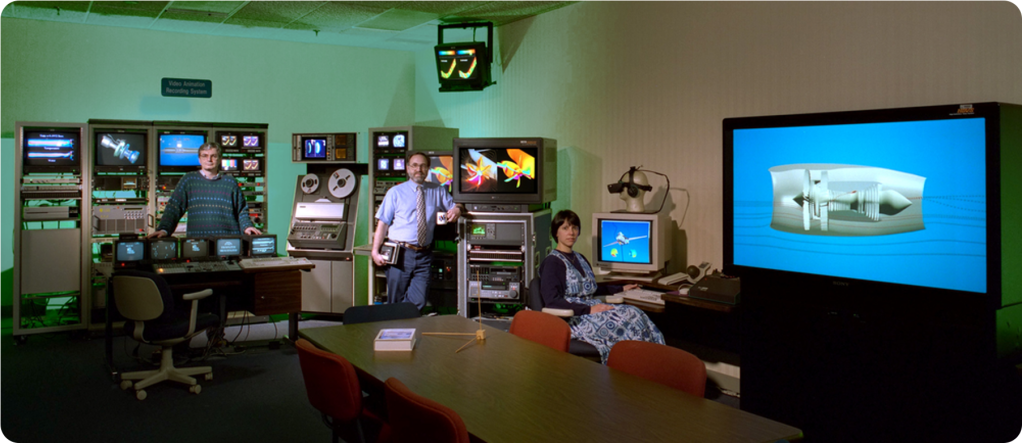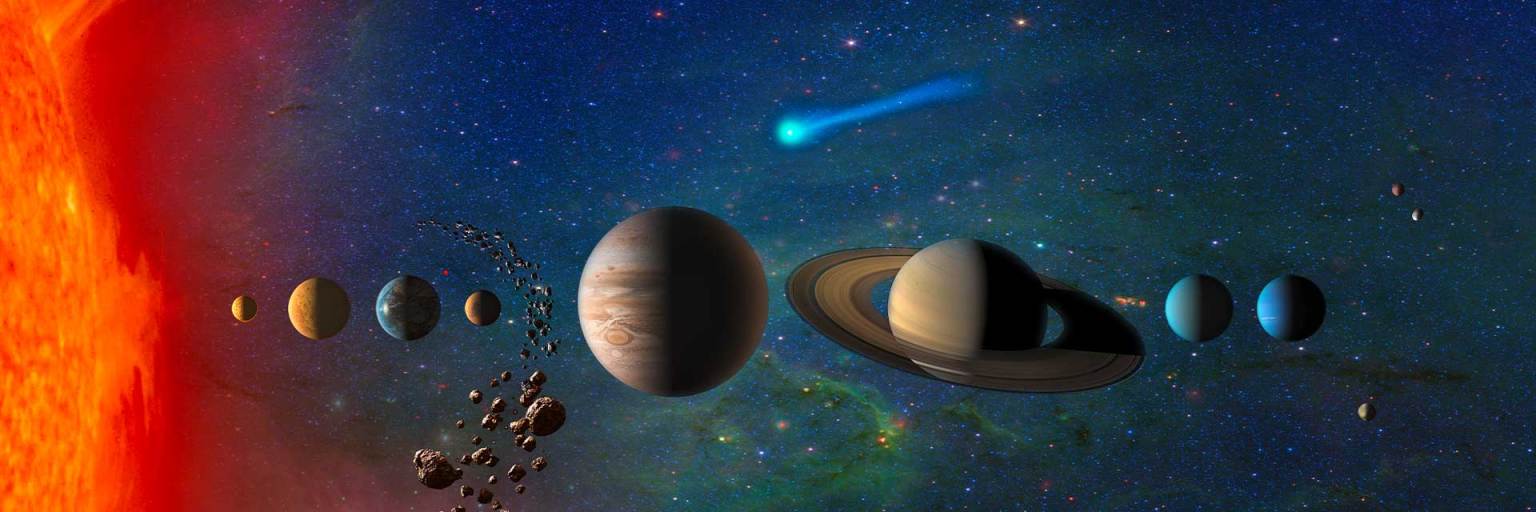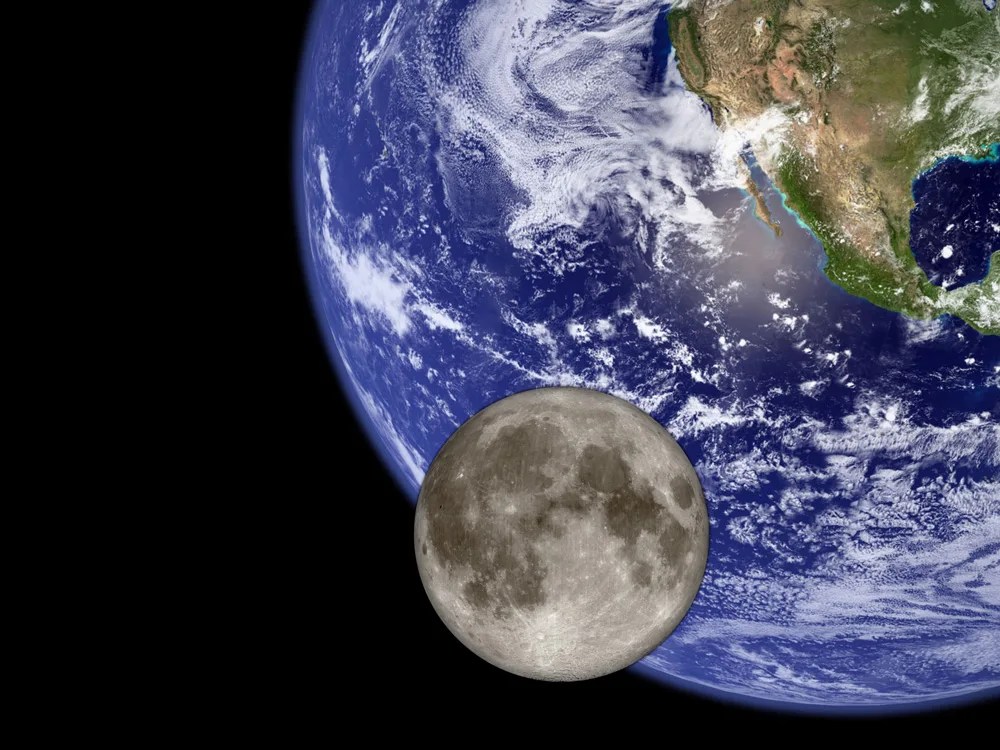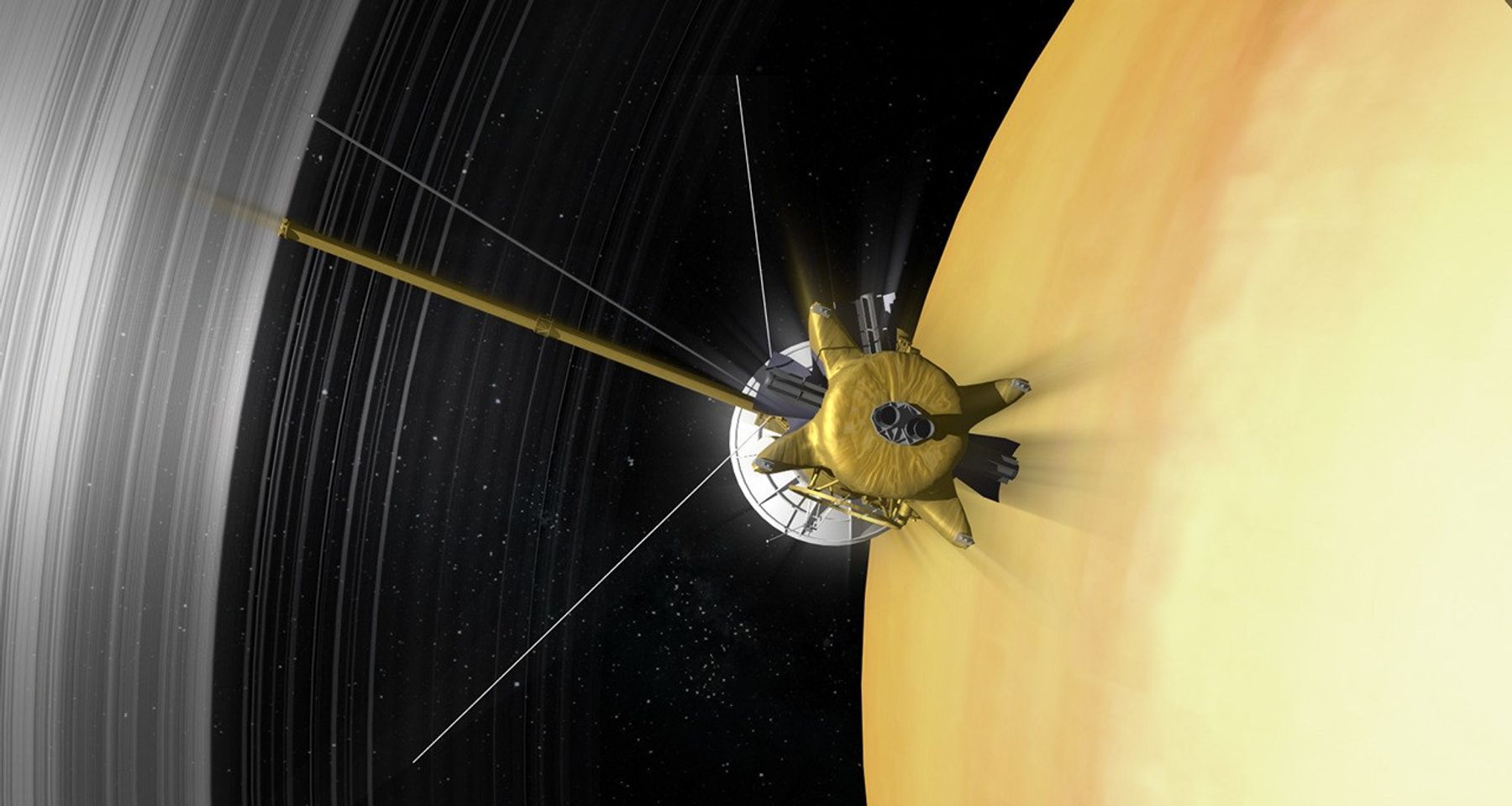

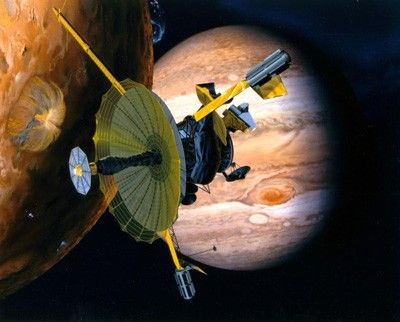
Outer Planets and
Ocean Worlds Program
The successful Galileo and Cassini missions to Jupiter and Saturn greatly deepened our understanding of those giant planets and their intriguing moons. But they have also raised more questions. The Europa Clipper mission is currently in development and scheduled for launch in 2024, and various other missions (such as a Europa Lander) are in very early stages of study.
Ocean Worlds Program
Missions Supporting this Program

Europa Clipper
NASA's Europa Clipper will conduct detailed reconnaissance of Jupiter's moon Europa and investigate whether the icy moon could have conditions suitable for life. (Launching 2024)

Cassini
A joint endeavor of NASA, ESA, and ASI, Cassini was a sophisticated robotic spacecraft sent to study Saturn and its complex system of rings and moons in unprecedented detail. (1997-2017)

Galileo
The findings from Galileo, the first spacecraft to orbit Jupiter and make close passes by all its major moons, significantly changed the way we view the solar system. (1989-2003)
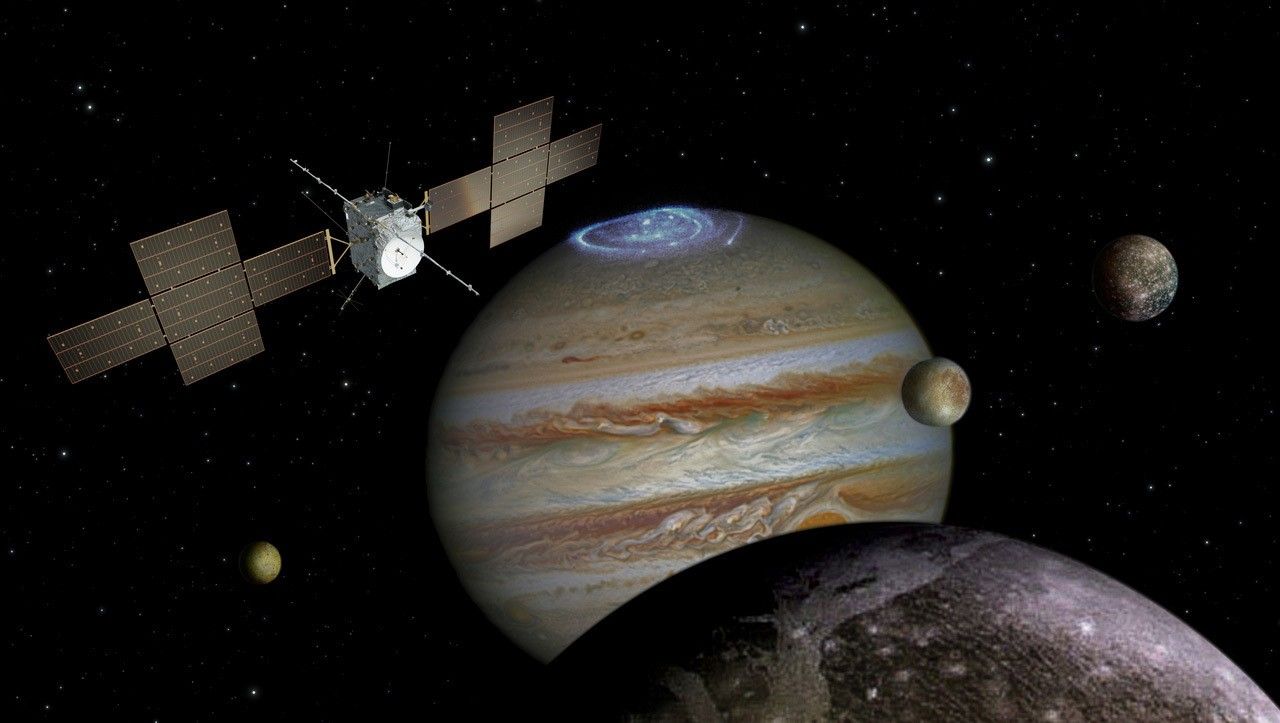
JUICE
NASA is cooperating with ESA on the Jupiter Icy Moons Explorer (JUICE) mission to study Jupiter and its moons Ganymede, Callisto, and Europa. (2023-present)
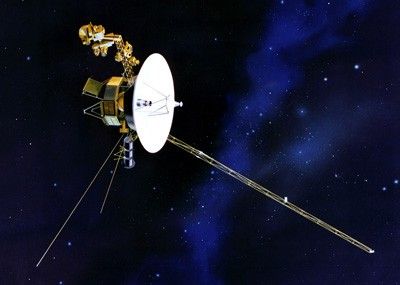
Voyager 1
Voyager 1 visited Jupiter and Saturn like its twin spacecraft, Voyager 2, and then it kept going, becoming the first human-made object to enter interstellar space in 2012. (1977-present)

Voyager 2
Voyager 2 flew by Jupiter and Saturn then continued alone to Uranus and Neptune, still the only spacecraft to visit those two distant giants, later reaching interstellar space in 2018. (1977-present)

